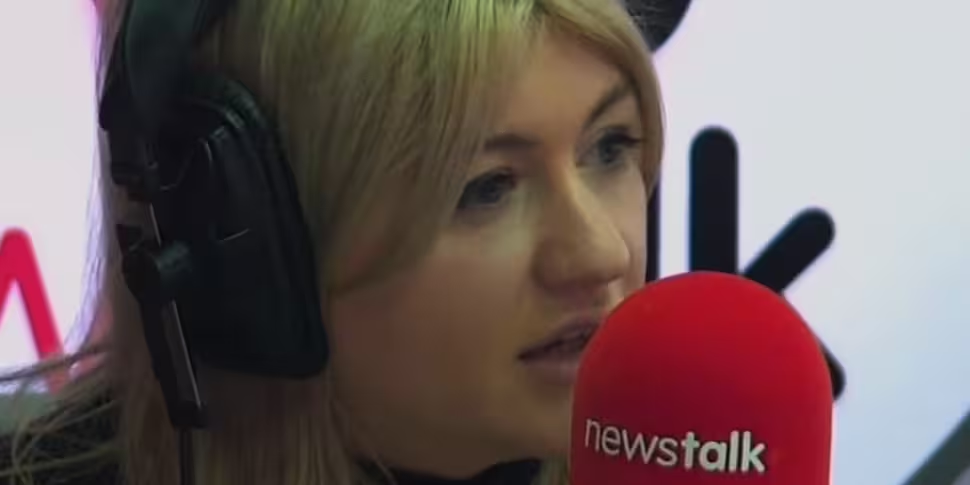One of the journalists who broke the Golfgate story says we should remember the public anger that was there at the time.
Aoife Grace Moore, political correspondent for the Irish Examiner, denied it was a non-story.
She was speaking after all charges were dismissed against those involved in the the trial in Galway.
The judge said that "very good people lost very good positions" over the Oireachtas Golf Society dinner in 2020.
However, Judge Mary Fahy said her decision to dismiss the four men accused of breaching lockdown laws by organising the event was not based on that.
She agreed with their lawyers that a partition wall dividing the 81 guests at the dinner essentially created two separate gatherings.
After dismissing the charges, she said she had no doubt that everything was done to comply with the rules.
Moore told The Pat Kenny Show the story needed to be told.
"It absolutely was not a non-story - if it was a non-story, Dara Calleary wouldn't have resigned.
"The judge found that they didn't break any laws, and the Irish Examiner never accused them of breaking any laws.
"But I think if you recall back to that time, the spirit of the law and the regulation - and the notion that we were all in it together - was not held up at that time.
"The Oireachtas Golf Society event was felt by the great majority of the public that was not in the spirit of the rules.
"You can argue about whether the law was broken, but I know myself and many others... were not going to parties and golf society outings with 50 to 80 people in a room."
She says at the time, Ireland was in a very different place.
"We're also talking about a time where people couldn't go to funerals, people weren't seeing loved ones, people weren't allowed into nursing homes.
"So we can argue that perhaps the law wasn't broken, to be fair the Irish Examiner never said that it was.
"It was the Garda's decision to investigate and the DPPs decision to press the charges.
"But I think most people would recall back that there was a great swell of public anger at the time".
And she believes the fact that it was a golf event may have added to it.
"I think the fact that it was golf fed into a narrative that there's one rule for them and one rule for us.
"It is seen as a very elitist thing.
"The background that I come from, I don't know many people that play golf - and it is kind of seen as something for how the other half live.
"I do think golf did play a part in it, but I do think whatever sport it had have been - rugby, GAA or whatever it was - the people who were there, and the type of event that it was, outraged people".









